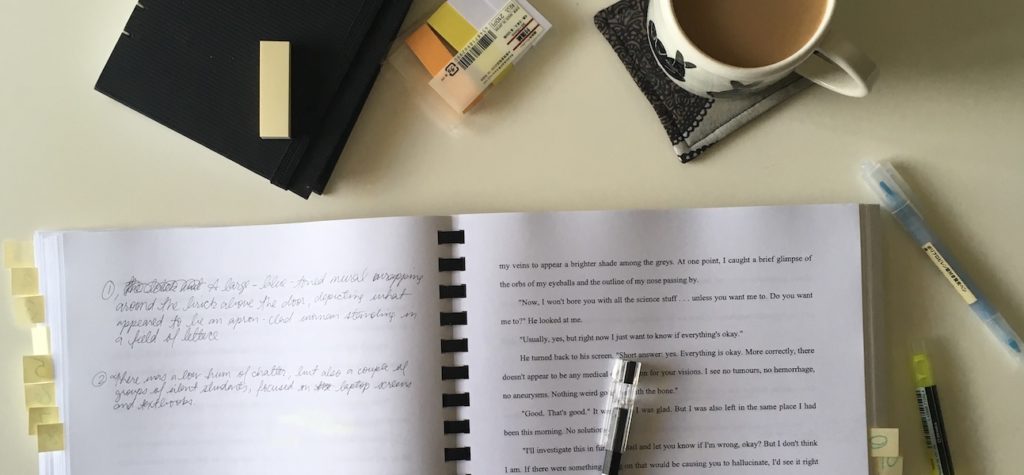“She should have been more mature for a 40-year-old.”
That’s a paraphrasing of a book review I read recently. It made me wonder if this person actually knew any 40-year-olds.
Sure, there are people who should know better no matter how old they are, but why would a protagonist that age have to act mature, whatever that means?
In The Quiet is Loud, Freya is 28. In my fantasy novel-in-progress Seeker of the Lost Song, Elis is 32. In Seeker’s sequel, Aurin is 35. When I wrote each of them I was a few years older than they were. It wasn’t a conscious decision at first – I just haven’t been in my early twenties for a long time. I find it more natural to explore the ways “older” people grow, fuck up, discover themselves.
I do read and enjoy books with early-/mid-twenties protagonists. But honestly, to think that there’s no space for your world to be rocked once you hit 30 is laughable.
I’m 43. I do not have my shit together. I probably never will have my shit together, because I am a living human person always experiencing new things. The last eight or so years have seen the most change of my entire life. The difference is that it’s internal, more personal. I may not impulsively cut my own hair anymore or post 2am self-portraits online with a “THIS IS MY ART, DEAL WITH IT” energy anymore, but the desires at the heart of those things are still churning in me. I’m always going to be a little messy. I’m just messy with more life experience.
Also, from a storytelling standpoint I just think it’s cool to have an older protagonist go on a quest. We know what we like. We often have less energy. We often have more responsibilities. We often face harsher societal expectations. These are all things that can add the most delicious tension and perspective to a story.
In one of my favourite books, Fool’s Errand by Robin Hobb, 35-year-old Fitz reluctantly leaves his safe and comfortable life to go on a quest for the first time since he was 20. Does he complete his quest capably and maturely? The fuck he does! And to me that’s more interesting. He fights against his life experience, the lies he’s told himself for 15 years, and he changes.
From the opening scene of the book: “I no longer had the excuse of callow youth, and I could not yet claim the eccentricities of age.”
